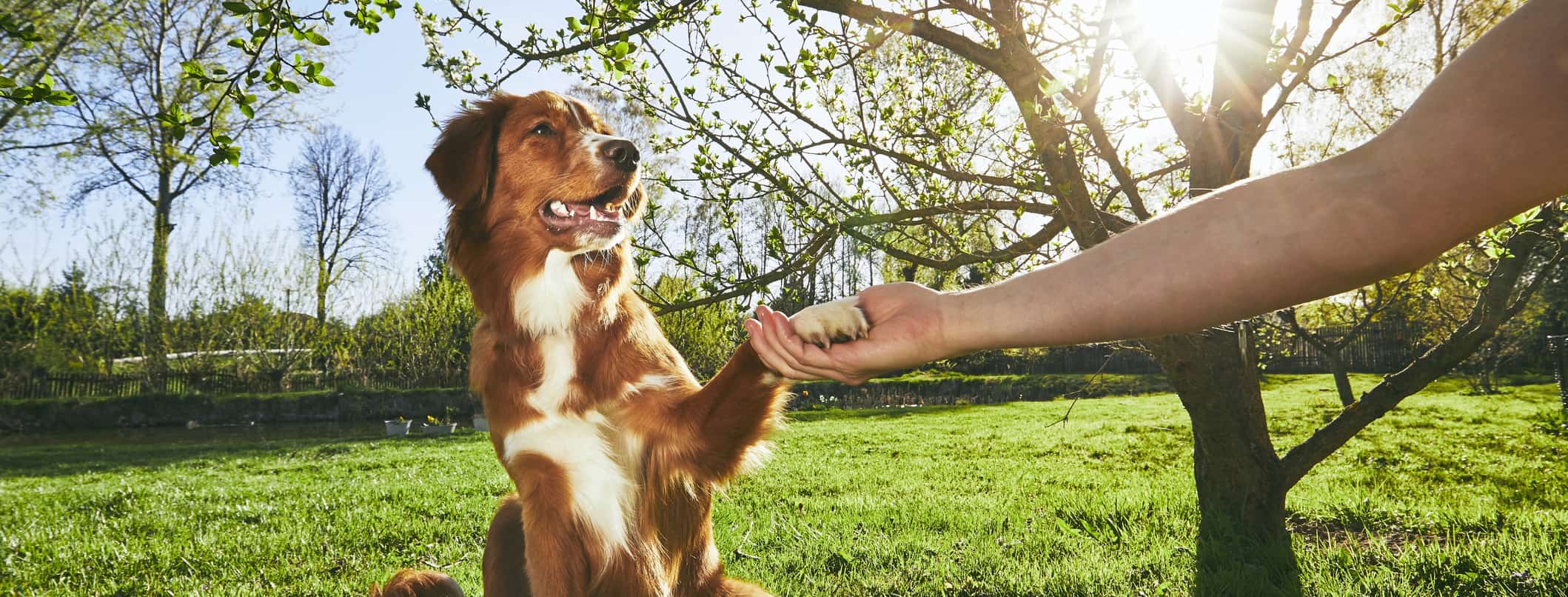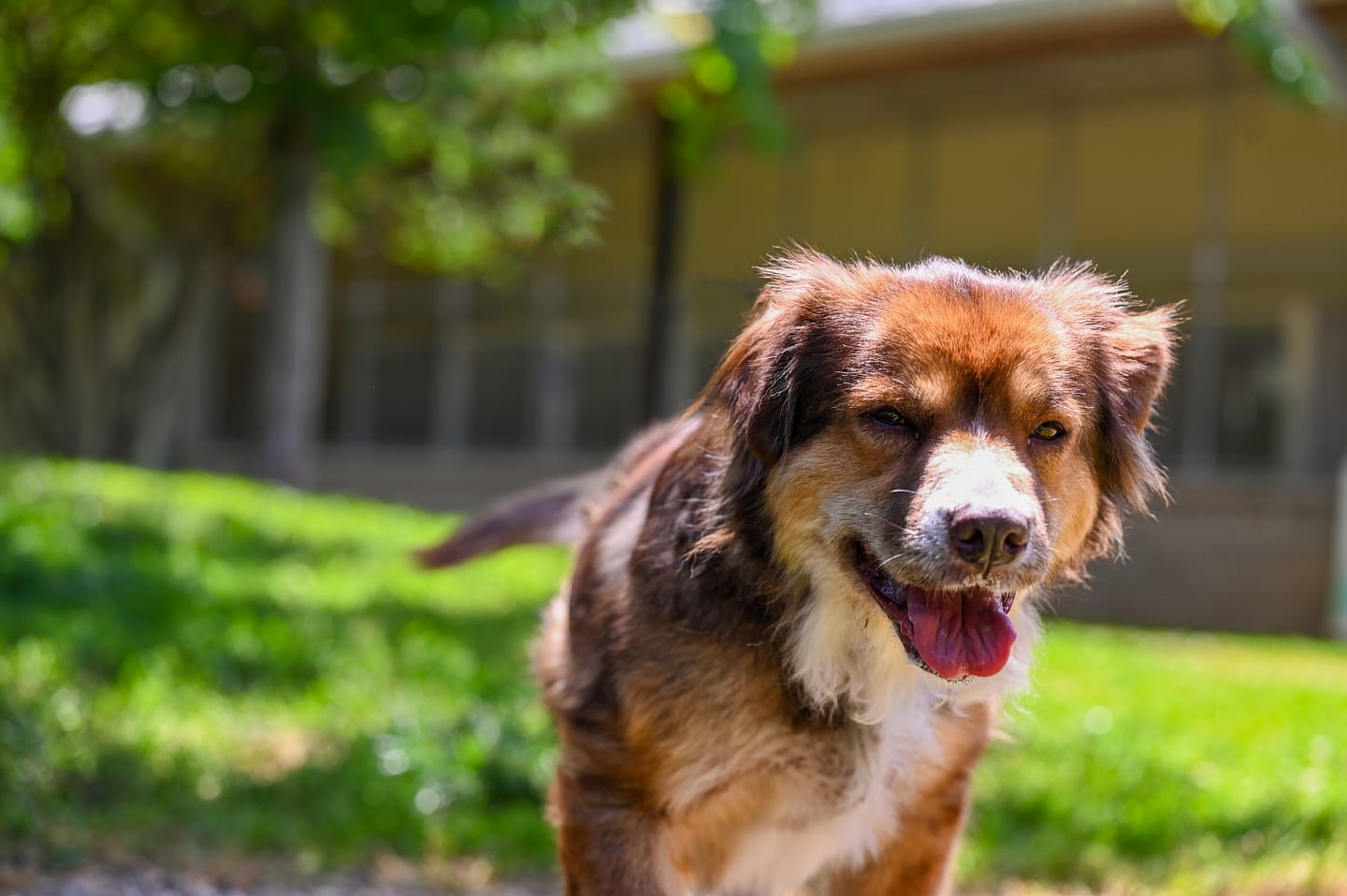Just How to Incorporate Games into Your Dog Training Routine
Just How to Incorporate Games into Your Dog Training Routine
Blog Article
Important Tips for Successful Dog Training: A Guide for Family Pet Owners
Reliable dog training is a complex process that calls for a calculated method customized to both the pet dog's temperament and the owner's objectives. Trick components such as developing constant commands, utilizing favorable support, and assisting in early socialization play critical roles in promoting a well-adjusted canine buddy. Numerous animal proprietors experience obstacles that can hinder progression, leading to irritation and unpredictability. Recognizing exactly how to browse these barriers can substantially enhance the training experience, eventually transforming the connection in between proprietor and dog. What are the vital methods that can be employed to guarantee success in this undertaking?
Understanding Canine Actions
Understanding canine actions is vital for efficient training and fostering a harmonious connection in between dogs and their owners. Pet dogs interact mainly through body movement, articulations, and actions, making it important for owners to analyze these signals properly. Acknowledging a pet's stance, tail position, and ear positioning can give insights into its psychological state. A wagging tail does not constantly suggest happiness; it can also indicate exhilaration or anxiousness.

Socializing plays a substantial role in canine actions; exposure to various settings, people, and various other animals can considerably influence a pet's character. Additionally, factors such as type qualities and private personality must assist training techniques, as some types may have specific behavior traits that require tailored techniques. By understanding these elements, owners can create an encouraging environment that urges positive habits, causing effective training results and a deeper bond with their family pets.
Developing Consistent Commands
Effective communication with your pet dog starts with developing consistent commands. This fundamental component of training is essential for fostering understanding in between you and your family pet. Uniformity in the commands you make use of makes certain that your pet can reliably associate particular words or expressions with the desired actions.
When choosing commands, choose clear, distinct words that are simple to distinguish and say from one an additional. Stay clear of utilizing similar-sounding commands that might puzzle your dog. Making use of "rest" and "remain" is suitable, but "rest" and "struck" can lead to misconceptions.
Additionally, preserve the exact same tone and quantity for every command. Dogs are sensitive to singing signs, so varying your tone can develop confusion.
It is similarly important to make sure that all family members get on the very same web page regarding the commands utilized. A united front in command usage will protect against combined signals and strengthen the knowing process.
Positive Support Methods
The power of positive support in pet dog training depends on its capacity to motivate desired actions with rewards and appreciation. This technique is based in the principle that behaviors adhered to by positive outcomes are most likely to be repeated. By including positive support right into your training regimen, you can properly shape your pet's habits in a constructive fashion.
To execute favorable support, it's necessary to determine what encourages your pet dog, whether it be deals with, toys, or verbal praise. When your canine executes a preferred activity, such as sitting on command, quickly award them with a reward or affection. This association in between the command and the positive result strengthens their understanding.
It's vital to timing the rewards properly; delivering the support within secs of the preferred actions helps your pet dog make the link (dog training). Additionally, uniformity is vital-- guarantee that all member of the family utilize the very same commands and incentive systems to avoid confusion

Progressively, you can decrease the frequency of deals with as your pet learns the habits, transitioning to commend or recurring rewards. This method not only cultivates a solid bond in between you and your dog but likewise advertises a favorable learning environment, making training a satisfying experience for both.
Socialization and Communication
Continually exposing your canine to a range of atmospheres, individuals, and various other pets is vital for their social growth. Socializing company website needs to start early, preferably throughout the crucial window of 3 to 14 weeks, when puppies are most receptive to new experiences. Older pet dogs can additionally profit from ongoing socialization initiatives.
Present your canine to various settings, such as parks, pet-friendly shops, and urban areas. This exposure helps them adjust to numerous stimulations, lowering anxiousness and concern actions. Motivate positive interactions with various other pets and individuals, making sure that these encounters are risk-free and controlled to promote confidence.
Make use of structured playdates with well-mannered dogs, as this can enhance your pet's social skills and teach them ideal behavior. Obedience courses and training sessions also give superb possibilities for socialization, permitting your pet dog to interact with others in a monitored environment.
Screen your dog's body movement throughout interactions, as this will certainly help you determine their comfort degree. Gradually boost direct exposure to more difficult situations while making sure that each experience declares. A well-socialized canine is more probable to show well balanced actions, making them a joy to have in any type of setup.
Dealing With Typical Training Obstacles
Every pet proprietor will certainly encounter training challenges at some time, despite their pet's age or socialization level. Determining typical problems such as stubbornness, interruptions, and fearfulness can help in establishing effective methods for renovation.

Disturbances during training sessions can hinder focus. To battle this, start training in a silent environment with minimal stimulations. Slowly introduce distractions as the pet dog ends up being a lot more competent in commands. Short, regular training sessions are also effective in preserving attention.
Terror can prevent a dog's learning procedure. Gradual desensitization to the resource of fear, coupled with favorable reinforcement, can aid ease anxiousness. Patience is crucial; never compel a view publisher site dog into a circumstance that causes distress, as this might exacerbate the issue.
Eventually, understanding and attending to these typical challenges with an organized approach will foster a much more efficient training experience, enhancing the bond in between pet dog and owner while advertising effective learning.
Conclusion
In summary, effective dog training depends on a detailed understanding of canine actions, the establishment of regular commands, and the application of favorable support strategies. Socializing plays an essential role in developing well-adjusted pet dogs, while addressing typical training obstacles needs perseverance and versatility. By carrying out these important techniques, animal proprietors can promote a solid bond with their pet dogs and promote desirable behaviors, inevitably resulting in a harmonious relationship in between humans and their canine buddies.
Understanding dog actions is necessary for reliable training and cultivating an unified partnership in between canines and their proprietors.Socializing plays a considerable duty in pet dog actions; exposure to various atmospheres, people, and other animals can considerably impact a canine's character.The power of favorable support in pet dog training lies in its capability to motivate wanted behaviors additional resources with benefits and appreciation. By including positive support right into your training routine, you can properly form your pet dog's habits in a positive fashion.
In recap, effective dog training counts on a thorough understanding of canine behavior, the establishment of consistent commands, and the application of favorable reinforcement techniques.
Report this page